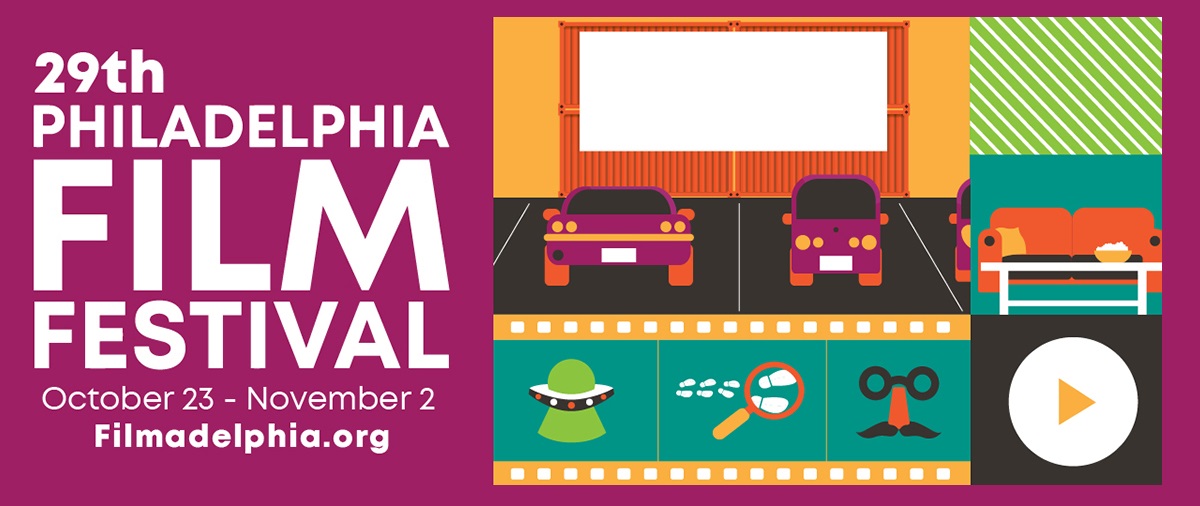The heart and soul of the film community can be found in film festivals. They are where new faces make a name for themselves and where established creators solidify their place in the industry. It’s at festivals where filmmakers at every level can learn new things about their craft as they immerse themselves in their peers’ work. Most importantly, they give the general public an opportunity to divert from films that are released on a large scale to more eclectic art house films. They are without a doubt absolutely crucial to the lifeline of the film industry. And they are made nearly impossible under current pandemic related crowd constraints.
Rethinking the Film Festival Experience
The Philadelphia Film Festival is a tried and true tradition that contributes greatly to the cultural ecosystem of the city. After nearly six months of release dates being pushed back, movie theaters being closed, and productions being halted, cinephiles are starving for the film industry to get back up and running. Slowly, as the world meets the demands of the new normal, organizations are adapting to keep the industry moving and The Philadelphia Film Society is once again on the cutting edge.
In it’s 29th year, the annual festival will look a lot different from previous years. Starting Friday, October 23 and lasting until November 1, 90+ films will be showcased both in-person at the recently expanded PFS Drive-in at the Navy Yard and virtually on the PFS Digital Streaming Platform. As an added bonus, the PFS Digital Streaming Platform has 39 films that are available for viewers across the country.
Each night roughly a dozen films will be screened at the PFS Drive through including, Nomadland directed by Chloé Zhao featuring a woman on her journey through the American west played by Frances McDormand. The romantic period piece, Ammonite—directed by Frances Lee and starring Kate Winslet and Saorise Ronan—is another film to look forward to. The comedy-drama thriller Black Bear, directed by Lawrence Michael Levine and starring Aubrey Plaza, is promised to be equally hilarious and twisted.
In Competition for the Pinkenson Local Feature Award is 40 Years a Prisoner, a documentary chronicling local activist Mike Africa Jr. struggle to free his parents from prison after the 1978 bombing of Philadelphia’s MOVE compound.
Viewers can purchase individual tickets or select from an assortment of different festival passes. The Philadelphia Film Society is also offering a select few free screenings through their PFS On Us program. Plan ahead and explore all of the ticket pricing and scheduling options.
What’s Next for Film Festivals?
While PFF29 may look very different this year, it is still thriving under new constraints. One day, in the not so distant future, we will be able to have in person festivals. Slowly, we will be able to return to the days of network events and industry panels. Until then, one can’t help but think about how this demand for creativity has had a positive impact on some elements of the Philadelphia Film Festival.
The ability to stream from anywhere in the country will allow the festival to cast a wider net to viewers that may not have been able to participate in the years prior. At the core of the Philadelphia Film Festival is a desire to allow viewers, both industry and non, to see films they might have otherwise not gotten an opportunity to see. All things considered, I believe the Philadelphia Film Festival can consider this mission accomplished.

